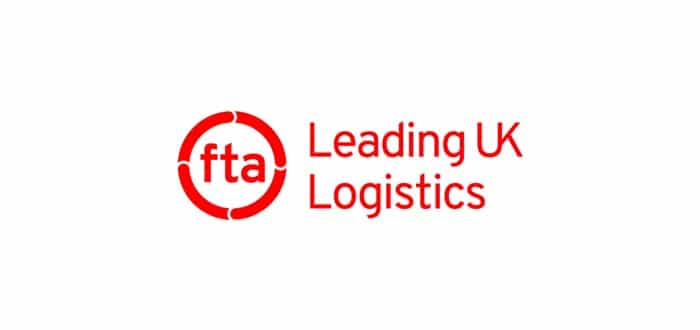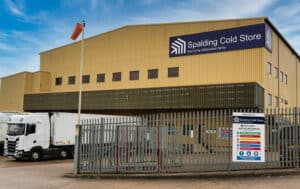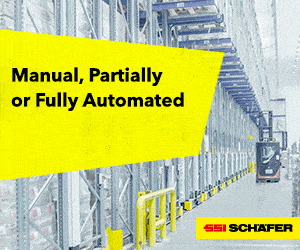Any rise in the level of fuel duty in the autumn Budget would stifle revenues for the government while imposing a direct cost on the businesses driving the UK economy, according to the Freight Transport Association (FTA), the business organisation which represents the nation’s logistics industry.
According to FTA, the current rate of fuel duty paid by UK logistics operators is already one of the highest in Europe, and research conducted by the Centre for Economics and Business Research (CEBR) has shown the negative effect that further duty increases would have on the economy, and thus other Government tax revenues.
“Fuel prices have rocketed in the past twelve months, with the price of diesel increasing by 13% in the last year alone,” says Christopher Snelling , Head of UK Policy at FTA, “and fuel currently accounts for around 31% of the cost of running a 44 tonne truck. Our estimates show that a 1p increase per litre in diesel duty adds around £470 per year to the cost of running one truck – and with many of our members running fleets of hundreds, or thousands, of vehicles, any additional increases in duty would be punitive to the very industry which keeps Britain’s factories, retail outlets, schools, hospitals and homes stocked with the raw materials and goods they need to continue operating efficiently.
“The current rate of fuel duty costs the logistics sector £121m per penny of duty – a huge burden of taxation for a single industry to bear at a time when revenues are being squeezed and British industry needs to remain as competitive as possible. Any increase in taxation reduces or eliminates profit margins or has to be passed on to the customer, thus increasing the ultimate cost of doing business in the UK.
“A 2p per litre rise in the price of diesel would add almost £1,000 a year to the running cost of each HGV on Britain’s roads, and take over £1,200 out of profit margins for a small business operating ten vans. Rather than place such an unnecessary direct tax burden on Britain’s businesses, FTA is urging government to cut fuel duty to actually prompt a dramatic boost to the UK’s economy.”
CEBR’s research has concluded that a 3p per litre increase in fuel duty would reduce GDP by 0.02% (more than £0.3 billion) and reduce the GVA of industry as a whole, putting 7,500 jobs at risk and reducing the overall tax take by £0.2 billion, due to the loss of GVA and of the income and corporation taxes that would be expected to be collected from it.
“The evidence is clear,” says Snelling. “Rather than adhering to a policy of overly taxing one sector of industry, government would serve UK PLC better by cutting fuel duty to jump start spending and boost economic activity. A 10p per litre cut would increase economic activity of nearly 1% in just one year, creating over a quarter of a million jobs. And while this may be a radical step too far for government, even a 3p per litre cut in fuel duty would still generate increased economic activity that would generate tax income to almost offset the cut in fuel duty. In turn, businesses would then be able to finance their transition to cleaner diesel or alternative fuelled vehicles – an ambition which is recognised by the industry, but foiled by the lack of available funding in the short term.
“The logistics industry has already made huge strides to reduce emissions with the introduction of newer, cleaner technologies and alternative fuel sources. Euro VI heavy duty vehicles are already delivering 80% reductions in local air pollutants, but the full upgrade of the country’s fleet to newer vehicles will take longer than anticipated if fuel duty rises are implemented, as this would restrict available capital. On behalf of the logistics sector, FTA’s call to the Chancellor is clear – maintain or reduce the levels of fuel duty, to ensure that the nation’s logistics business can afford to keep Britain trading.”
Efficient logistics is vital to keep Britain trading, directly having an impact on more than seven million people employed in the making, selling and moving of goods. With Brexit, new technology and other disruptive forces driving change in the way goods move across borders and through the supply chain, logistics has never been more important to UK plc. A champion and challenger, FTA speaks to Government with one voice on behalf of the whole sector, with members from the road, rail, sea and air industries, as well as the buyers of freight services such as retailers and manufacturers.












